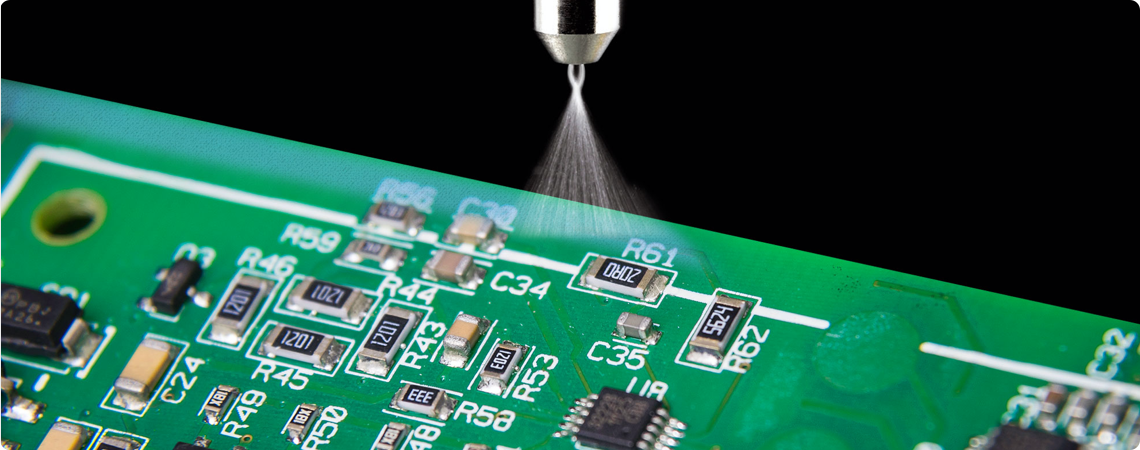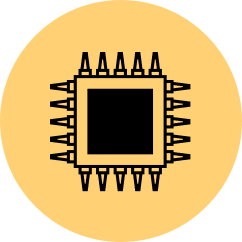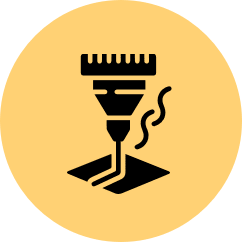
PCB Conformal coating
BOM to PCB company provides a leading conformal coating service using the latest technology, which contributes to the long working life of your PCB․ Our conformal coating process is performed in accordance with all innovative guidelines and standards.
The use of conformal coatings is particularly important in automotive, marine, military, lighting, aerospace, industrial and green energy applications.
What is Conformal Coating on Circuit Boards?
Conformal coating material is a thin polymeric film which conforms to the contours of a printed circuit board to protect the board and its components from the environment and corrosion, which ultimately extends the working life of the PCB.
The coat prevents corrosion and leakage currents or shorting due to condensation. The modern conformal coats are usually dips of dilute solutions of silicone rubber, polyurethane, acrylic, or epoxy. Another technique for applying a conformal coating is for plastic to be sputtered onto the PCB in a vacuum chamber.
Now you may think “Why do I need a Conformal Coating?” The performance of newly manufactured PCBs (printed circuit boards) can quickly deteriorate due to external factors in its operating environment.
Conformal coatings can be used in a wide range of environments to protect PCB from salt spray, moisture, chemicals and temperature extremes in order to prevent such things as mold growth, corrosion and electrical failures. The protection provided by conformal coatings allows for higher voltage gradients and closer track spacing, in turn enabling designers to meet the demands of miniaturization and reliability.
PCB coating types
Coatings can be categorized by their base chemistry, each option having its own beneficial properties for the different environments the circuit board will be operating in. There are different types of Conformal Coating, each of these has its own characteristics.:
- Acrylic Coatings – combination of reasonable price with good environmental protection; they retain clarity and can resist darkening and hydrolysis during extended exterior exposure;
- Polyurethane Coating – excellent chemical resistance and superior protection in harsh environments;
- Hybrid Coatings – are a mixture of base chemistries used. These can result in a number of different coating options, tailoring the requirements for specific applications;
- Silicone Coatings – the most resistant coatings to high/low temperatures or temperature fluctuations due to their more flexible nature;
- Water-Based Coating – are cured by evaporation of water from the system. Water-based Coating improves operator safety and also dramatically reduces solvent emissions.
- UV Cure Coating – another example of hybrid coatings, different chemistry types are often used to produce a dual-cure system, thus avoiding issues with areas shadowed from the UV light during curing. This type is extremely beneficial for high throughput applications.
- 2K Coatings – hybrid technologies combining the best properties of encapsulation resins with those of a conformal coating.





